Failing to fetch me at first keep encouraged,
Missing me one place search another,
I stop somewhere waiting for you.
Walt Whitman, Leaves of Grass, from “Song of Myself”
There are perhaps other books, even other picture books, to use in introducing American poet, Walt Whitman to your children, but I’m not sure any can come close to the deeply rich account of his life as given through the words and illustrations in
Walt Whitman: Words For America. It will, at once, touch your heart, as well as rekindle memories of historical events that you perhaps had not at first connected with Whitman, such as his deep involvement in the Civil War.
This picture book may best be enjoyed in two sittings since its coverage of Walt Whitman’s life is full, but it is not dry or dull in the least. Beginning with the introduction to Whitman’s love of words, the book moves through some of those things which Whitman found inspiring. I particularly enjoyed the description of how he collected a few sheets of paper, securing them with a ribbon, to make his own tiny little notebooks.
Working as a printer, Whitman began to write poetry, but unlike the current poetry of his day, his poetry was free, unmetered and boundless in scope and imagination. He wrote of his beautiful America: open, spacious and robust, and he wrote of himself (Song of Myself, Leaves of Grass) and the ordinary heroes he saw within that sweeping country.
In the second half of the book, Whitman’s own story intersects with one of the most gripping American stories, that of the Civil War. And it intersects in a way that is quite personal, beginning with his frantic search for his younger brother, a soldier for the Union army who was wounded. After a heartfelt reunion with his brother, Whitman found himself anchored to those men who were wounded and dying in hospitals during the Civil War. His compassion and care of those wounded knew no boundaries; he tended them all regardless of their color, rank, or their Union or Confederate alliance.
With each life lost, Walt mourned. Unable to leave those fallen soldiers that were dying, Walt often chose to stay by their side late into the night just so they would not have to die alone. A letter written to the Haskell family after Walt sat with their mortally wounded son, Erastus, as he died, conveys the depth of his heart when it came to these dying men:
…I write to you this letter, because I would do something at least in his memory…He is one of the thousands of our unknown American young men in the ranks about whom there is no record or fame, no fuss made about their dying so unknown, but I find in them the real precious and royal ones of this land…
During the Civil War, Walt Whitman worked and lived in Washington D.C., and often passed by President Abraham Lincoln who was out riding in the mornings. The war weighed heavily on both of these men, and it seems that Walt could see in the president’s eyes the depth in which it affected him. He saw “Lincoln as a captain, guiding his ship through troubled waters, and wrote in his notebook:
‘…his face and manner…are inexpressibly sweet…I love the President personally.'”
Five days after the end of the Civil War, Walt was stunned to hear of President Lincoln’s assassination. Hearkening back to his memories of the war, the tumult, the suffering, and the burdened but resolute heart of the man who would lead the country through those dark days, Walt penned one of his most haunting and memorable poems offering his own tribute to Lincoln:
O Captain! my Captain! our fearful trip is done,
The ship has weather’d every rack, the prize we sought is won,
The port is near, the bells I hear, the people all exulting,
While follow eyes the steady keel, the vessel grim and daring;
But O heart! heart! heart!
O the bleeding drops of red,
Where on the deck my Captain lies,
Fallen cold and dead.
I found this picture book to be most touching as well as realistic as it conveyed the historical events of Walt Whitman’s life. The book includes a smattering of his poetry, but if you are at all familiar with Whitman’s poetry you know it’s very long, so some of the poetry included are excerpts.
The author’s writing is engaging and deeply stirring, an excellent match for Brian Selznick’s extraordinary and evocative illustrations. So deeply touching! You will not be able to read this book without entering in, in a sense, to some of the dark pain of the Civil War, the families that suffered, the compassion that was offered, as well as the joys and lightness Whitman felt as he embraced the openness, the vast rolling expanses of this country, penning them, line after line, in his poetry.
Walt Whitman is the poet we are studying as part of our third term of work and I found this book as I was searching for books to read in introducing the poetry of Walt Whitman. What a treasure! If you choose to continue studying Whitman and his poetry, I recommend the book we’re using,
Whitman: Poetry and Prose, edited by Justin Kaplan, the Library of America edition. The Library of America edition is the most comprehensive edition of Whitman’s vast poetry collection, containing both versions of
Leaves of Grass that Whitman penned as well as his other books of poetry, including
Drum-Taps, his collection of Civil War poetry.
…I depart as air, I shake my white locks at the runaway sun,
I effuse my flesh in eddies and drift it in lacy jags.
I bequeath myself to the dirt to grow from the grass I love.
If you want me again look for me under your bootsoles…
Walt Whitman, Leaves of Grass, from “Song of Myself”



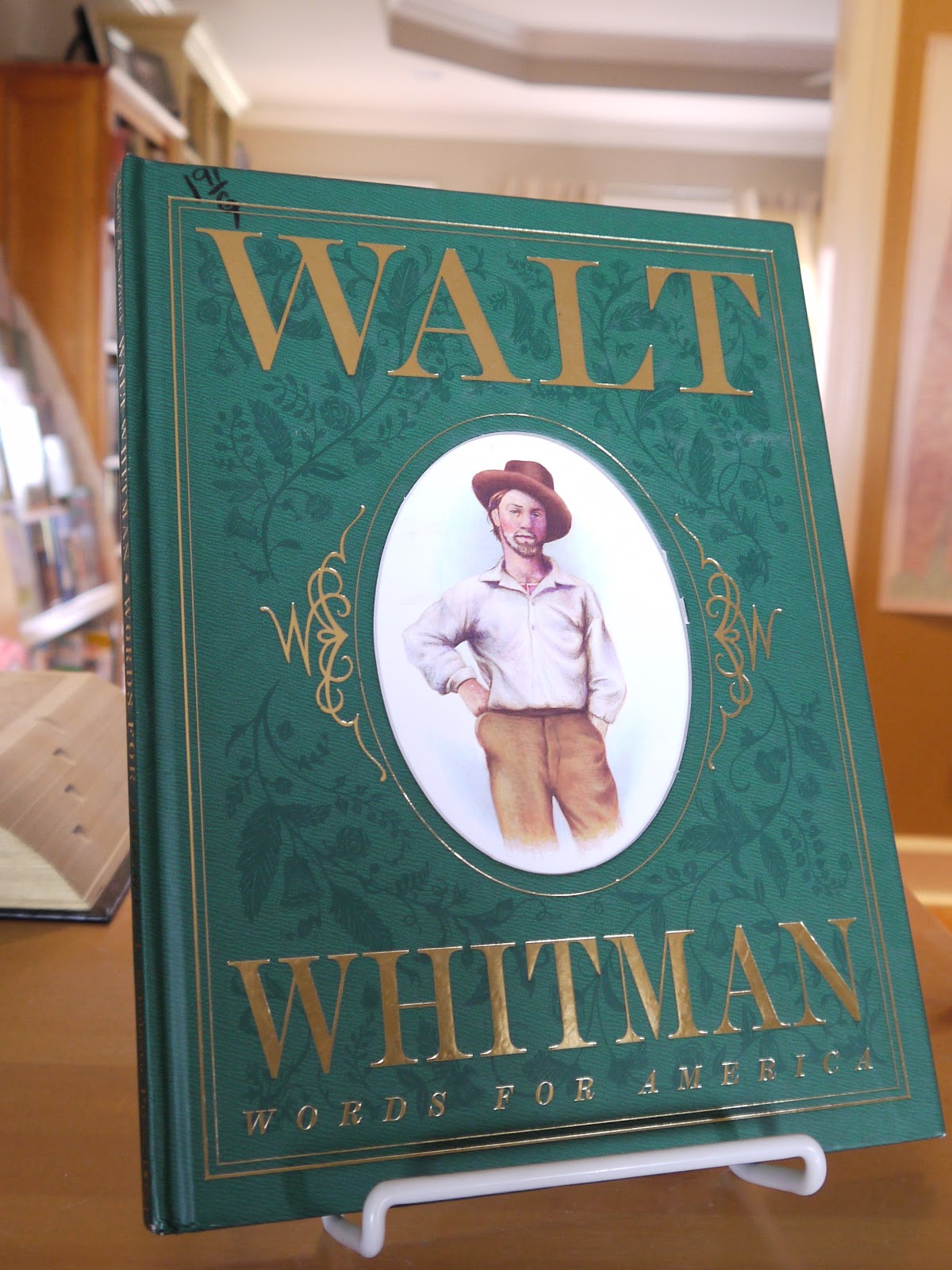
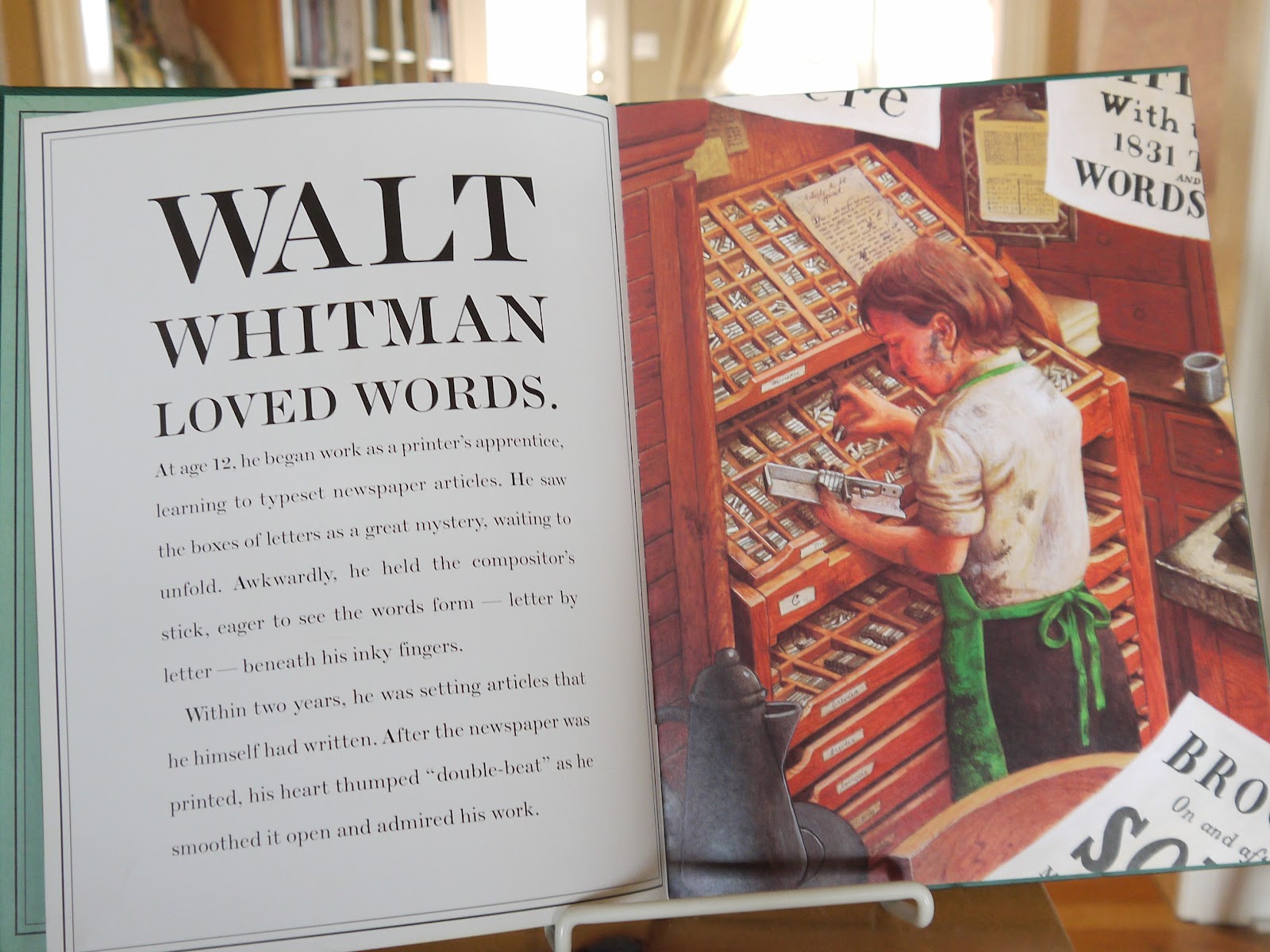
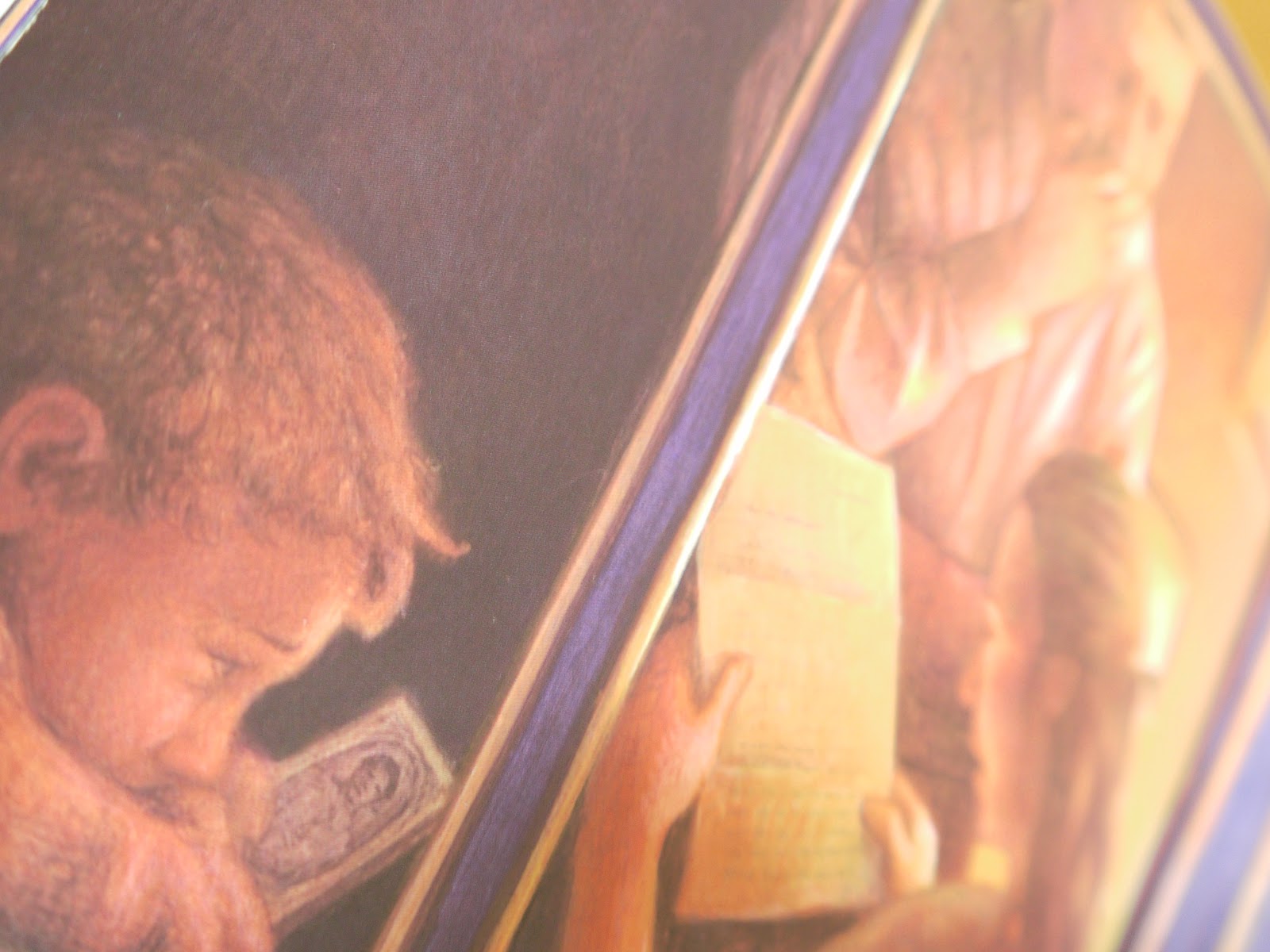
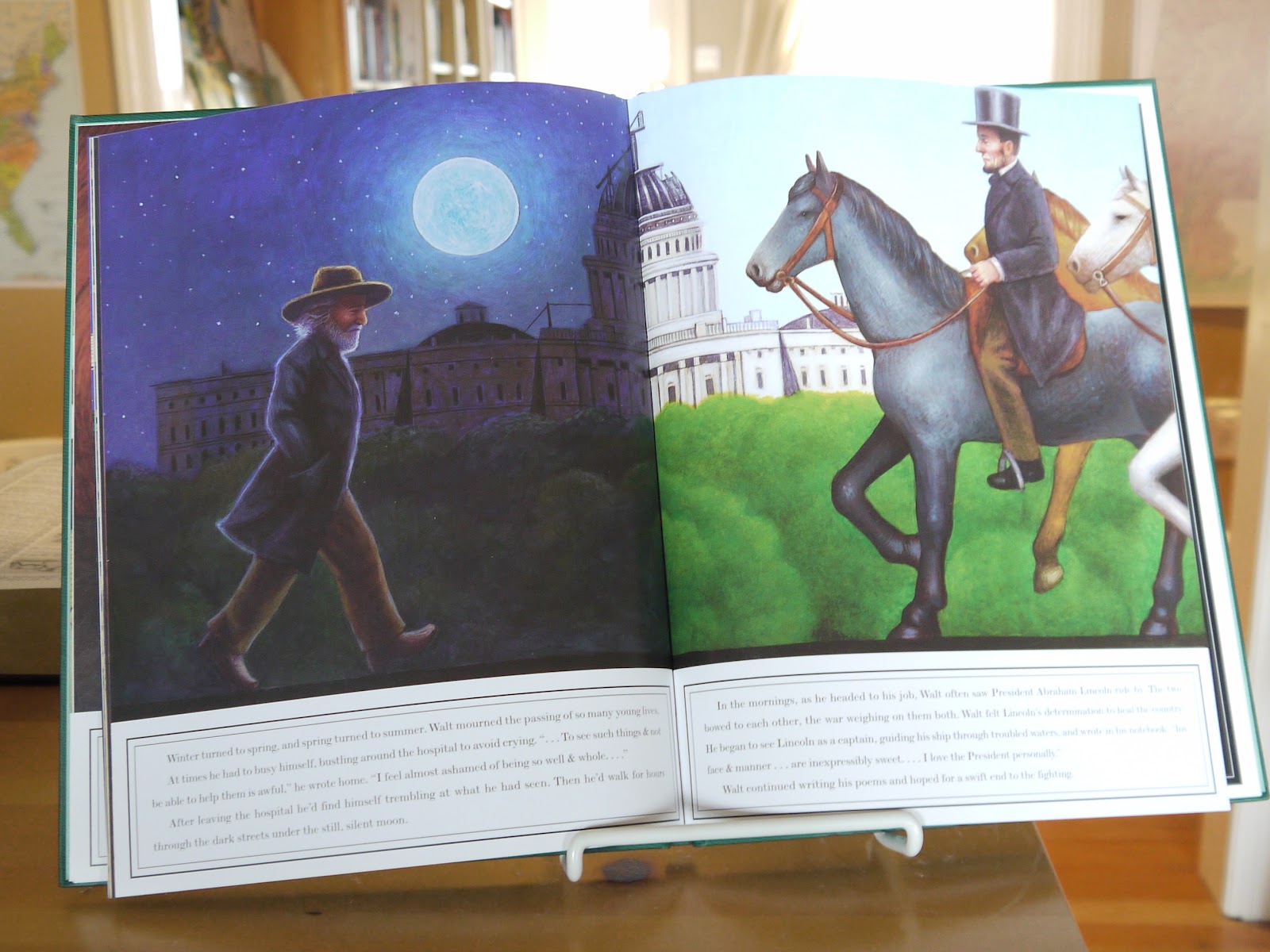
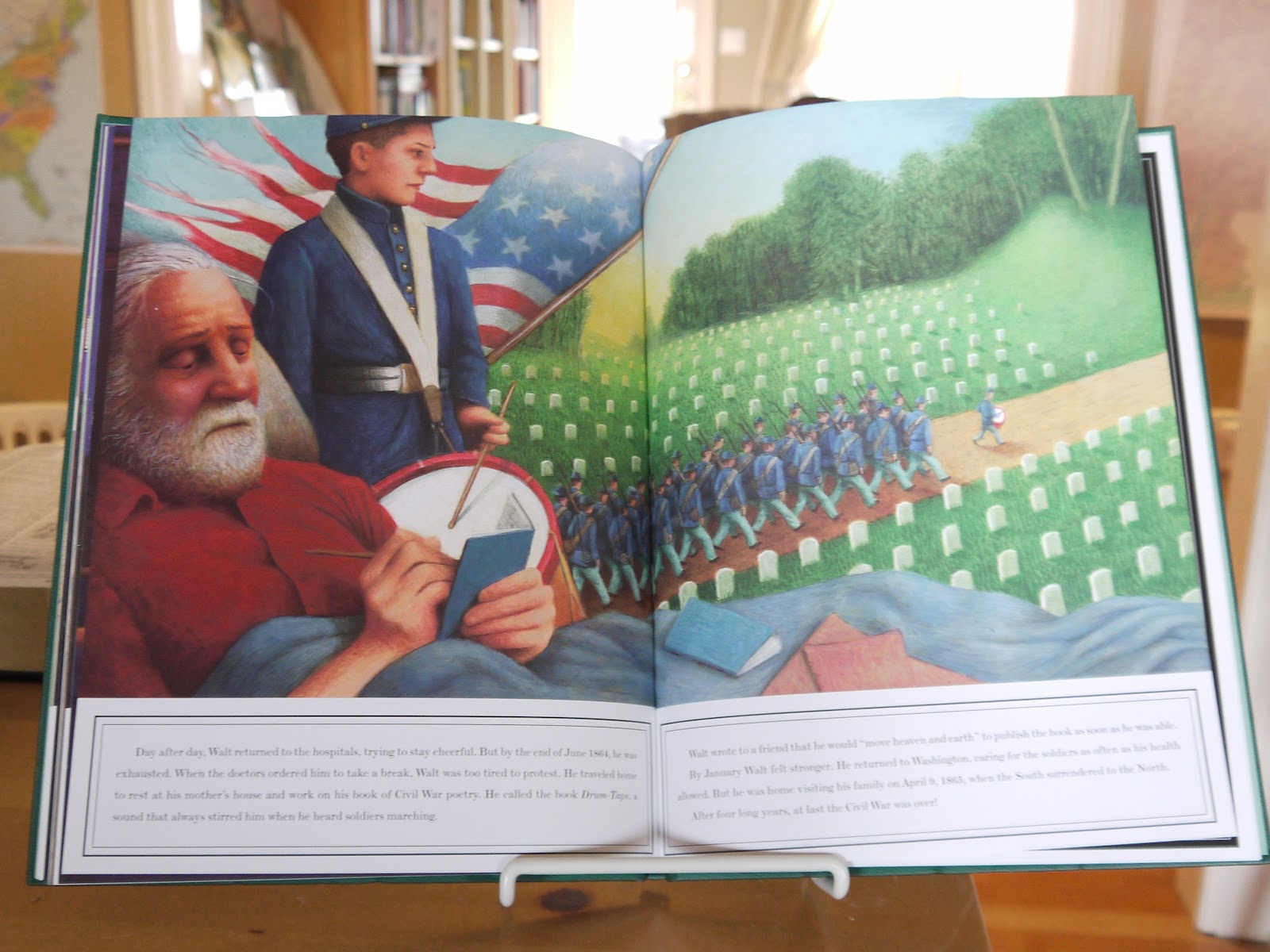



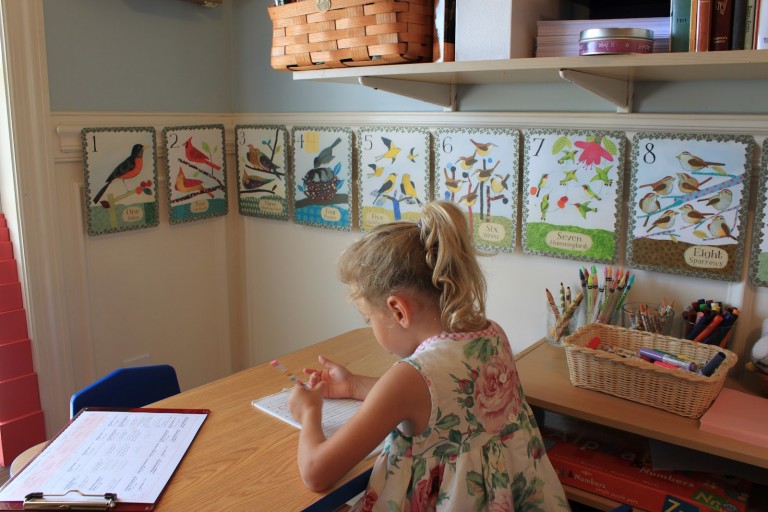
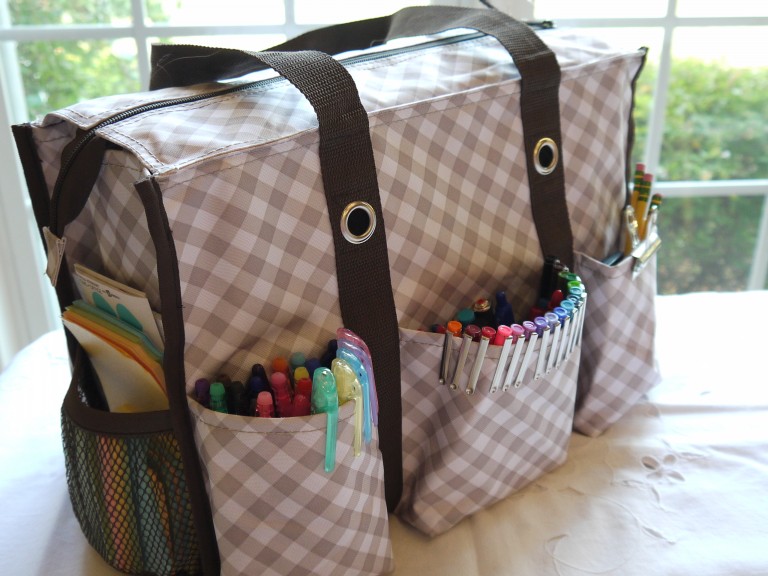

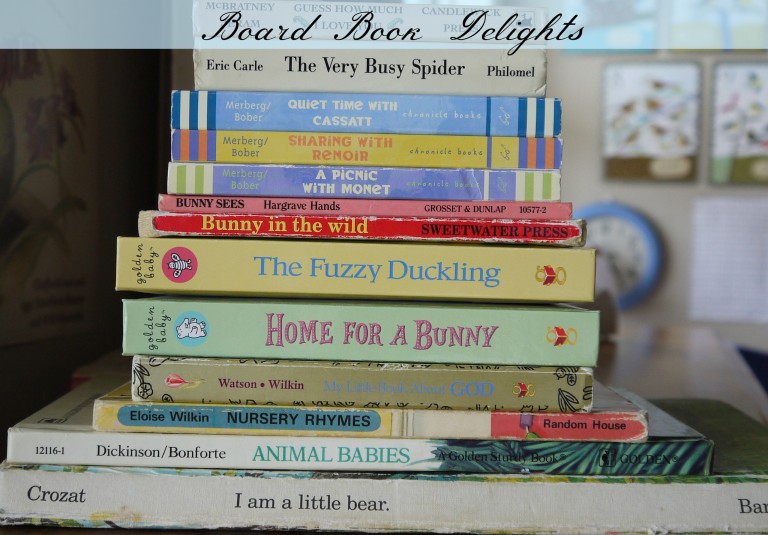
We read this book last year and it is excellent! Thanks for the detailed overview. We read and narrated it once a week over the course of many weeks and it left quite an impression on the students in our TBG Community.
From joy to joy,
Nancy
“Oh Captain! My Captain!” was one of our favorite poems last year during our Cival War studies and American poet focus. Thanks for the great review. The illustrations look wonderful. I'll have to remember this book for the next time we study this era or Whitman is our term poet ; )
Thanks for posting about this book. We'll be studying the Civil War next year and this might fit in nicely.
We just read a poem today by Walt Whitman, ” I Hear America Singing” it was in our “Read and Understand Poetry” put out by Evan-Moor.Grades4-5. I can't wait to get this book and read it to the kids! Thanks again for sharing, I am so inspired by you blog!
We just read a poem today by Walt Whitman, ” I Hear America Singing” it was in our “Read and Understand Poetry” put out by Evan-Moor.Grades4-5. I can't wait to get this book and read it to the kids! Thanks again for sharing, I am so inspired by you blog!
I know little about Whitman, but I am looking forward to learning much. I didn't even know the “O Captain” poem was about Lincoln! Sadly Whitman floats in the ether for me, untethered to anything historical. So sad! I have started my own BoC, but I need to be better at putting things in it!
Like Kansas Mom, we'll be studying the Civil War next year too. I will definitely have to add this book to our list. Thank you for your review!
Jen, I'm curious. You noted Walt Whitman is the author you are studying for your third term. Do you study an author each term? How do you go about it?
I have neglected poetry for my girls for years (5th and 3rd grade) and have recently wanted to add it in. However, I am at a loss how to do so. I am curious as to how you do it.
Marsha,
You ask an excellent question! We do study one poet each term as well as one composer, one artist and usually one Shakespeare play.
We weave poetry and some of the other humanities into our days through our morning basket of work. I actually have a post in draft detailing what we're doing in our Morning Basket this term, how it looks, as well as resources, and it might give you some ideas for poetry. I'll try to get that posted for you this week so you'll have a more detailed answer to your question. Check back for that! 🙂
NOW….beyond that, adding poetry to your term can be so simple and delightful! First, choose a poet. We like to study a poet that comes from the period of history we're studying, but that isn't necessary. Once you find a poet, see if you can find some picture books (like the Walt Whitman book I reviewed in this post), or some other books that give an engaging historical account of the poet's life. Often, understanding a poet really helps you understand their poetry. Isn't Mr. Whitman a good example? Don't you read O Captain! My Captain! with much more understanding, empathy and context knowing Whitman's connection to the war and his respect for his Commander in Chief? As you continue to get to know your poet, choose some of his/her poetry to read. You might even choose to memorize one or two of the poems during that term. That's it. Easy-peasy.
Watch for that Morning Basket post! 🙂
Thanks, Jen! I'll watch for the post.
I have to admit I'm not sure about the “Easy-peasy” aspect of poetry. I find my time to research books slipping from my grasps. Life is getting too complicated here. However, with that said, I am going to add it to our work.
I agree knowing the time period someone lived explains so much about their life.
Thanks again!